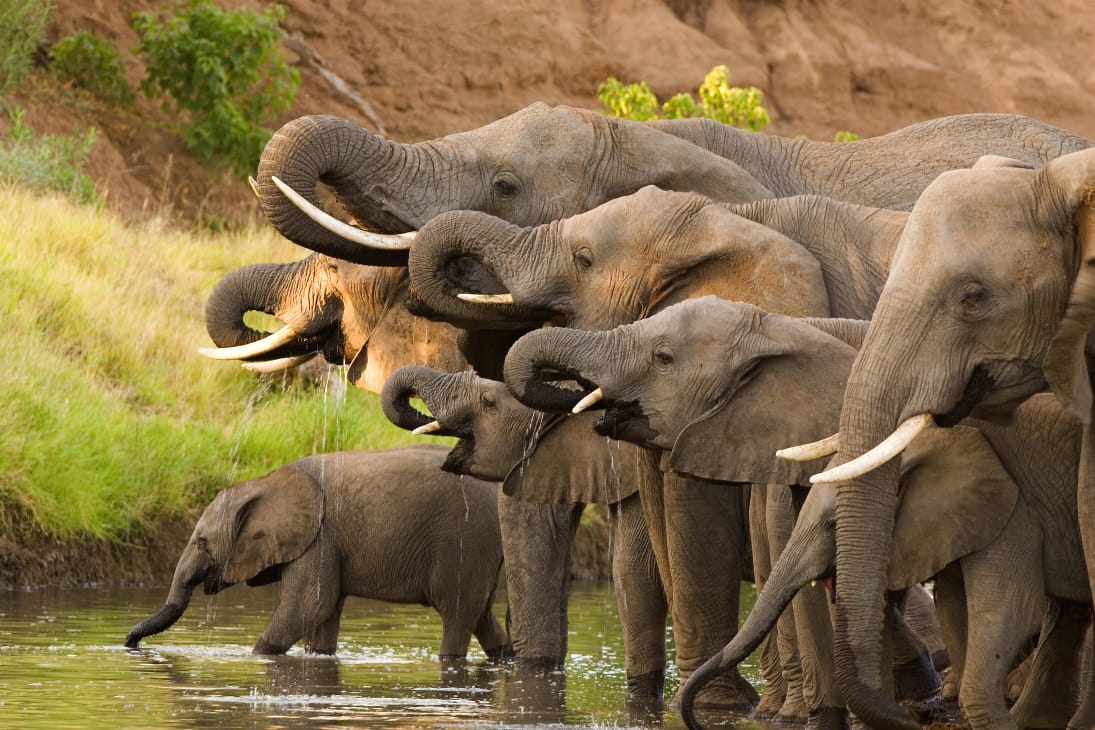By Fabian Ekeruche
As the global community commemorates the World Elephant Day, Wild Africa Fund has called for the prioritisation of elephants in unprotected areas.
The fund also commended the efforts of its partners in Zimbabwe and Nigeria that are working tirelessly to protect elephants .
Mr Festus Iyorah, Nigeria Representative of Wild Africa Fund, stated this in a statement on Saturday in Lagos.
Iyorah urged the government to safeguard national parks which are homes to forest elephants.
He said that Africa boasts of approximately 415,000 elephants.
According to him, Nigeria grapples with multifaceted challenges threatening its native elephant population.
He said habitat loss, poaching for ivory, and human-elephant conflict were the major threats elephants face in Nigeria.
“Over the past 30 years, Nigeria’s elephant population has dramatically declined from an estimated 1,200 to 1,500 two decades ago to a current estimate of 300 to 400.
“Nigeria, like Zimbabwe, can immensely benefit from sustainable wildlife tourism and conservation initiatives that protect elephants.
“In places like Zimbabwe, innovative measures are emerging,” Iyorah said.
In Zimbabwe, Wild Africa Fund partnered the Tikobane Trust, to use an elephant repellent, a concoction including chili, garlic, and rotten eggs, and presents a non-lethal method of conflict resolution.
Also, the Sustainable Wildlife Management Programme experiments with deterrents like chili fences and reflective barriers.
Iyorah said in Nigeria, the Wildlife Conservation Society (WCS), had been using satellite collars to enhance the monitoring of elephant movements.
He said the model adopted by the WCS had effectively reduced Human-Elephant Conflicts incidents, including the use of elephant guardians, construction watchtowers, and the establishment of beehive and odorous elephant fences.
Iyorah said the fund encourages more innovations and collaborations to save elephants in other parts of Nigeria, especially in state-managed forest reserves in the southwest such as Omo in Ogun State and Idanre in Ondo State.
He said forest elephants face severe logging pressures and agricultural encroachments in these areas.
“Besides, unprotected sites like Itasin in southwest Nigeria, where some elephants from the Omo forest reserve migrated to and a hotspot for Human-Elephant Conflicts, should be prioritised with local solutions that protect elephants from humans.
“We must prioritise the legal protection of the smaller unprotected sites where elephants are still endangered to prevent their potential extinction and continuous clash with humans,” Iyorah said.







